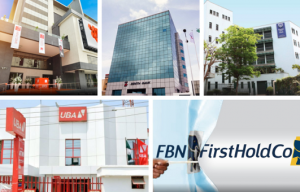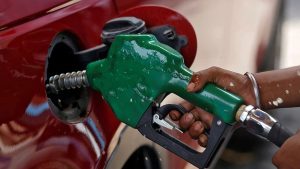
Petrol marketers have attributed the recent petrol scarcity in Nigeria to supply challenges from the Nigerian National Petroleum Company (NNPC) Limited, the sole importer of the premium commodity.
According to the marketers, they have had to rely on depot owners to supply petrol to their retail outlets, resulting in a “slight” increase in prices across the country.
Billy Gillis-Harry, the National President of the Petroleum Products Retail Outlets Owners Association of Nigeria (PETROAN), spoke on behalf of the marketers during Channels Television’s The Morning Brief breakfast programme on Tuesday, July 9, 2024.
Recently, petrol scarcity has hit the country, with the state-managed NNPC blaming the shortage on “adverse weather conditions” and “flooding.” Snake-like queues have been seen at filling stations nationwide, worsening traffic as the long lines spill onto major roads and stranding thousands at bus stops with transport fares doubling.
Aside from NNPC filling stations selling petrol at about ₦570 in Lagos, retail outlets owned by independent marketers have increased their prices from around ₦615 to over ₦650. Prices are even higher in Abuja and other states. Gillis-Harry confirmed that while the NNPC has not changed its price, the need to procure petrol from struggling depots has led to increased costs.
He explained that the NNPC is currently upgrading its platform, which has contributed to the supply issues but emphasized that alternative arrangements should have been made to ensure a steady supply of petroleum products. Gillis-Harry stated, “If there is anybody to be blamed; it should be a blame from the source of the products because retailers only sell what we are given, we do not import or refine.”
Gillis-Harry also highlighted the rising cost and scarcity of diesel, which trucks use for logistics, suggesting that the government should subsidize logistics costs for fuel distribution. He denied allegations that petrol marketers are exploiting the situation by hiking prices, stating that the highest price should not exceed ₦680.
He noted that forex shortages have hindered the importation of petroleum products, affecting the full implementation of sector deregulation. “We need PMS to be able to work until our refineries are producing,” he added.
Gillis-Harry urged Nigerians to remain patient and understanding, assuring them that the current fuel shortages would be resolved soon.








